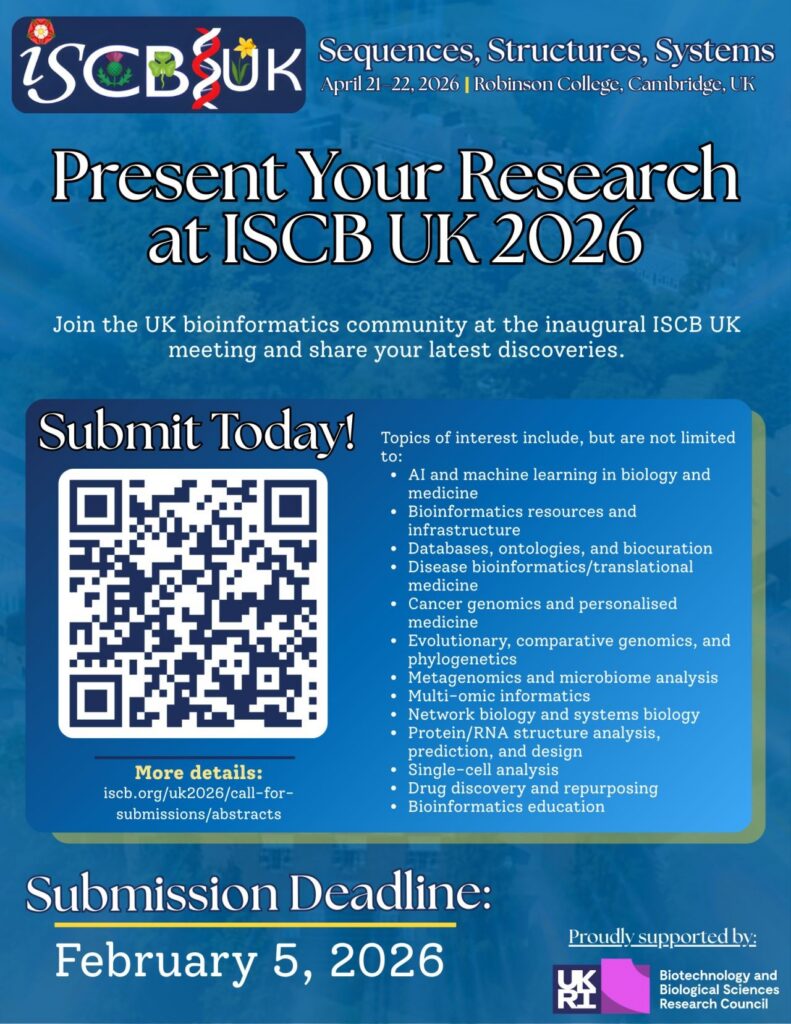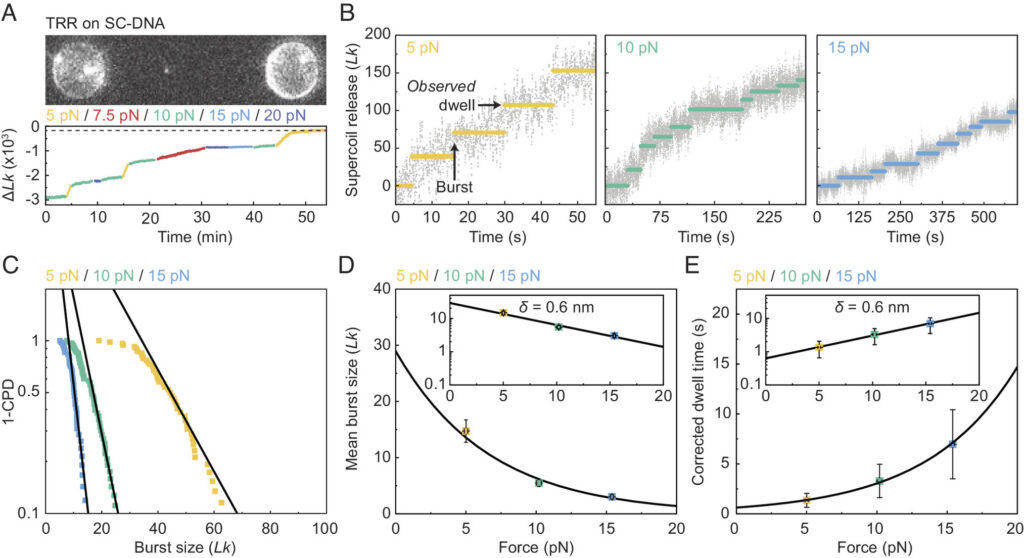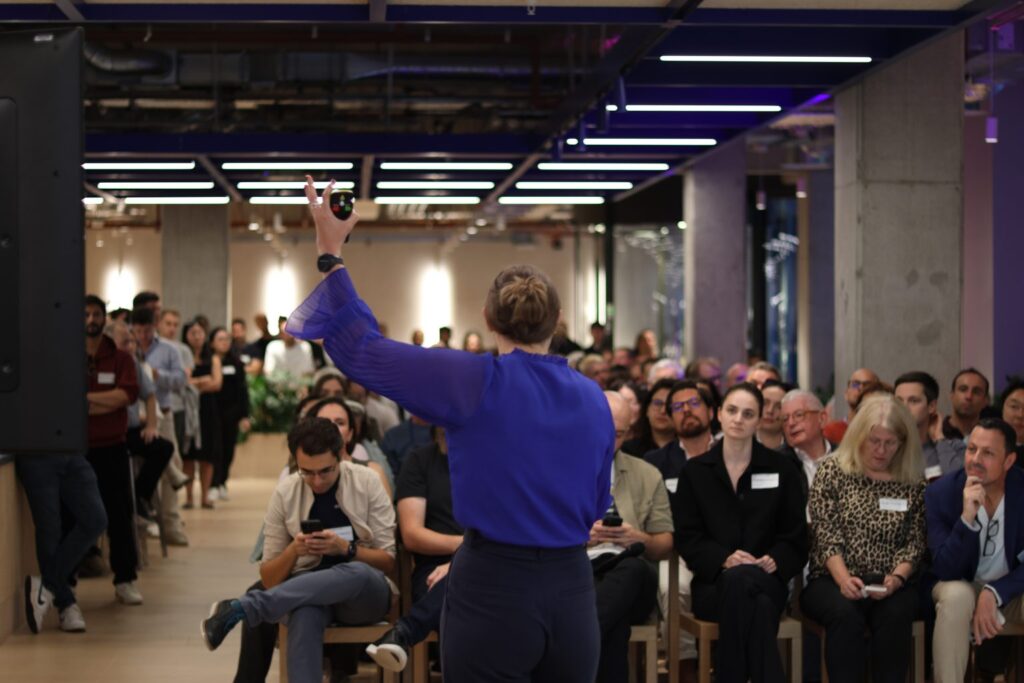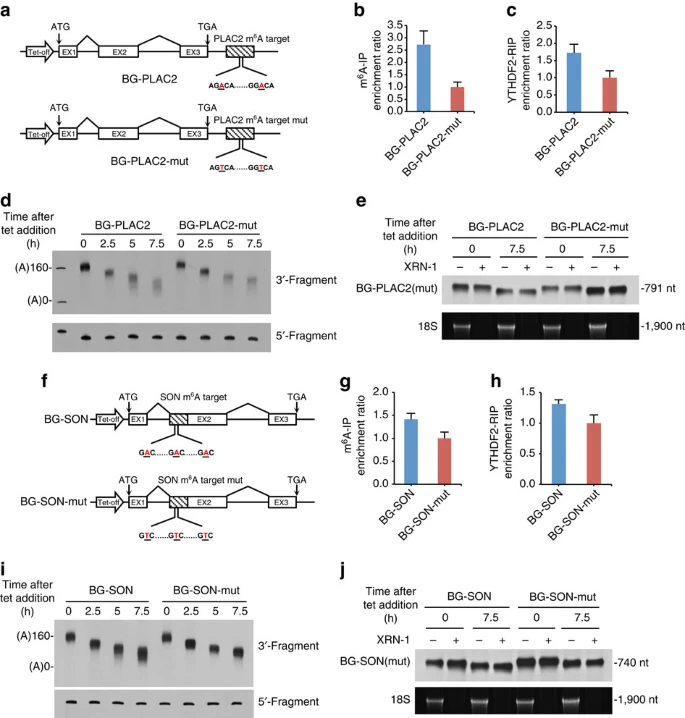ISCB-UK 2026 welcomes abstract submissions featuring research at the forefront of bioinformatics and computational biology. We encourage the submission of original work for consideration for oral and/or poster presentation.
All presentations are categorized based on scientific topics, ensuring a cohesive organization of talks and posters. Please ensure that your abstract communicates a scientific result and refrains
Read More
News
Dian Spakman, Andreas S. Biebricher, Anna H. Bizard, Ian D. Hickson, Erwin J. G. Peterman, Gijis, J.L. Wuite, and Graeme A. King
January 23, 2026
123 (4) e2406949123
https://doi.org/10.1073/pnas.2406949123
Significance
The human topoisomerase IIIα–RMI1–RMI2 complex (TRR) is important for resolving entangled DNA structures known as ultrafine anaphase bridges (UFBs) during mitosis. Recent evidence suggests that this may involve the relaxation of negative
Read More
We are proud to announce that Dr. Manoj Saxena, a postdoctoral researcher at the Institute of Structural and Molecular Biology from Prof. Gabriel Waksman’s lab at Birkbeck, University of London, has been selected for the highly competitive Ember programme by Renaissance Philanthropy, powered by its activation partnership with the UK’s Advanced Research and Invention Agency
Read More
A UCL-led team has developed an AI tool to understand antibody assembly in the human body, speeding therapeutic antibody design and revealing new insights into B-cell maturation and immune responses.
Researchers have developed a powerful new artificial intelligence tool, ImmunoMatch, that can predict which antibody components naturally pair together. This advance can significantly accelerate antibody-based drug
Read More
Prof Finn Werner has received an eight-year Wellcome Trust Discovery Award (2025-2033) to support a research program entitled A Holistic View of Gene Expression in Archaea (Figure A). This work will investigate the molecular mechanisms and structural foundations that link RNA polymerase with the pioneering ribosome (B). His laboratory’s genome-scale analyses, which relate dynamic RNA
Read More
Date: November 24th, 2025
Time: 1300-1400 hrs
Location: AZ Young LT, Anatomy building
Title: ‘The Mechanism and Origin of RNA-Guided Genome Editing in the Ciliate Oxytricha’
Abstract. Oxytricha is a single-celled eukaryote with multiple nuclei and two distinct nuclear genomes. In a feat of natural genome engineering, massive DNA rearrangements rebuild a product somatic genome from a much larger, precursor germline genome,
Read More
October 30, 2025 | 6:00 PM - 9:00 PM organised by Alice Pettitt (former ISMB PhD student).Venue: Fora – The Jellicoe Building, 5 Beaconsfield Street, London N1C 4EW
To sign up and see the session information, click here.
ARIA funds breakthrough R&D in underexplored areas to catalyse new paths to prosperity for the UK and the world. They empower
Read More
Friday 3rd October, 2pm Anatomy G04 Gavin de Beer LT.
Prof Jinbiao Ma https://scholar.google.com/citations?user=nFrDcpsAAAAJ&hl=en, from the University of Fudan (Shangai) is vising London this week, and will present his work on “Recognition and mechanisms of Y RNAs and Z RNAs” on Friday Oct 3rd, 2 pm, Anatomy G04 Gavin de Beer LT. This is exciting, novel work
Read More
- 1
- 2
- 3
- …
- 14
- Next Page ›







